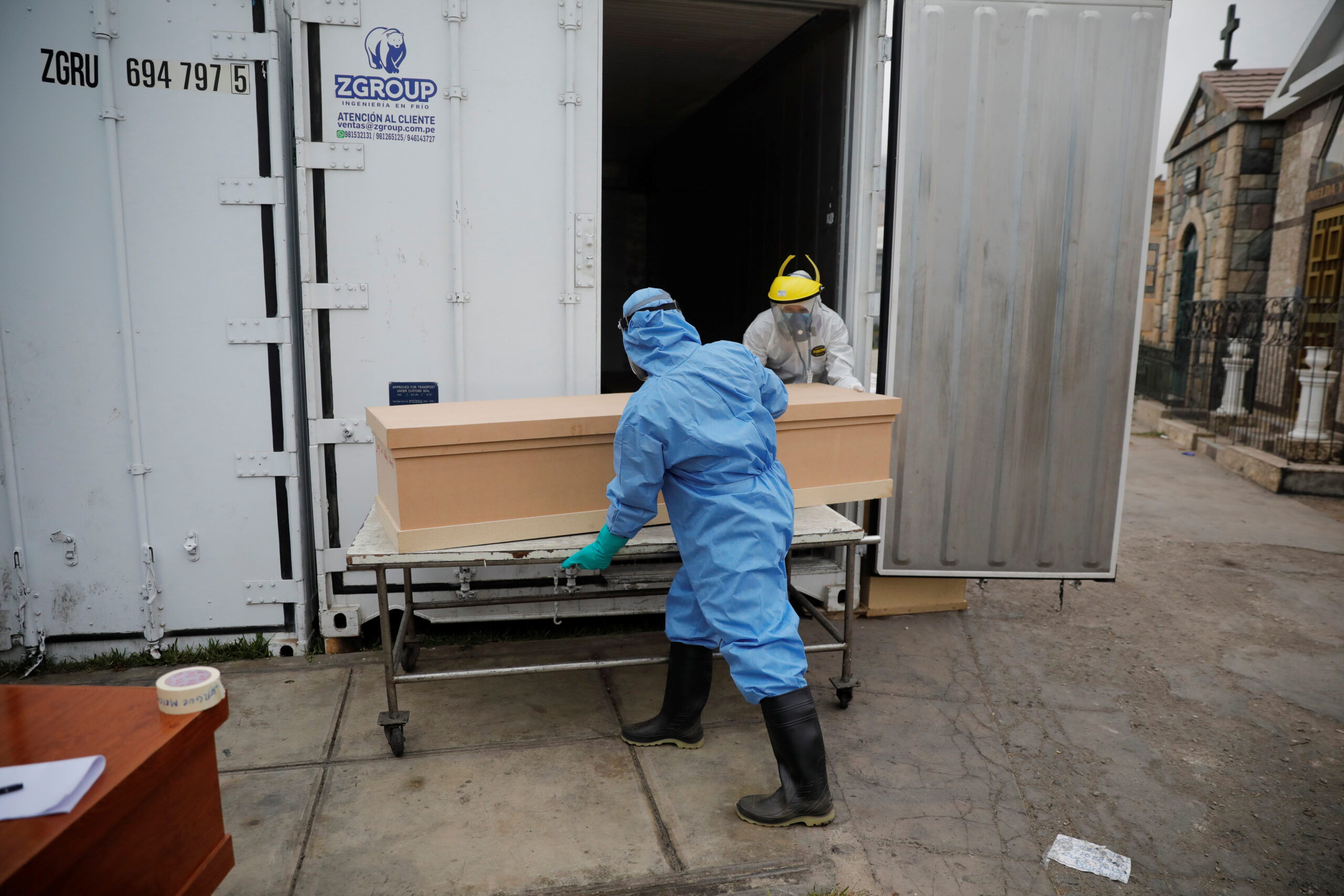Parmisse Menéndez
Peru’s top soccer league Liga 1 is preparing to restart soon, despite the country being number 12 among all nations in COVID-19 patients.
President Martin Vizcarra announced last Friday in a press conference the league’s intention to restart, but he did not say when exactly when it would start.
But some don’t agree with the decision to resume the season. One person took to Twitter to say: “Something ironic and controversial about these new measures dictated by the Peruvian government, soccer resumes but citizens cannot go jogging, hairdressers are reactivated but maintaining social distancing, is it serious?”
Algo ironico y controversial de estas nuevas medidas dictadas por el gobierno peruano, se reanuda el fútbol pero el ciudadano no puede salir a trotar, se reactivan las peluquerías pero manteniendo el distanciamiento social, es enserio? #CuarentenaExtendida#EstadoDeEmergencia
— Andrés Adrián (@Andreshav0896) May 26, 2020
According to Transfermarkt, Peru’s top league has around 545 football players among 20 teams. In addition, each team has their own coaching staff.
But not only soccer players and broadcasters have been affected by COVID-19, but other workers including concession workers, retail staff selling team merchandise, and sponsors inside stadiums.
People who are struggling the most are informal workers because they were used to selling food, t-shirts or merchandising of the local teams outside the stadiums every weekend.
Peruvian Health Minister Victor Zamora told sports television network GOLPERU, which broadcasts league games, that soccer and other sports were going to restart under some parameters, such as social distancing during practices and playing in empty stadiums.
All 20 professional teams are presenting their protocols to the Peruvian Federation of Football about how they are planning to return to play in the following weeks. Zamora said these would have to be reviewed and approved before the restart.
Soccer is important to Peru, said Dario Ramos, a sports journalists at NIX MEDIA, a production company that provides services to GOLPERU.
Ramos referred about the measures taken by them and their partners to protect journalists from COVID-19.
How journalists will be protected depends on the Ministry of Health first approving the safety protocol proposed by the Peruvian Federation of Football, he said.
The restart of the Bundesliga in Germany was instrumental in making the decision to allow professional sports in Peru to restart.
“It would have been tough for us to take this decision without any reference,” Zamora said. “We are getting the protocols and we are learning from their mistakes.”
Teams should follow strict protocols throughout the season that finishes in December, he said.
“FIFA will not let us or any other country to have low standards,” Zamora said. “They will ask for the highest standards because several national teams are going to play between each other. Just like doping, the same rules for everybody.”
There are two Peruvian teams that are currently in La Copa Libertadores, considered the most important tournament in South America, similar to the Champions League to Europe.
However, Conmebol, the South American confederation in charge of the La Copa does not know yet how the tournament would restart since countries like Peru or Brazil have closed their borders.

